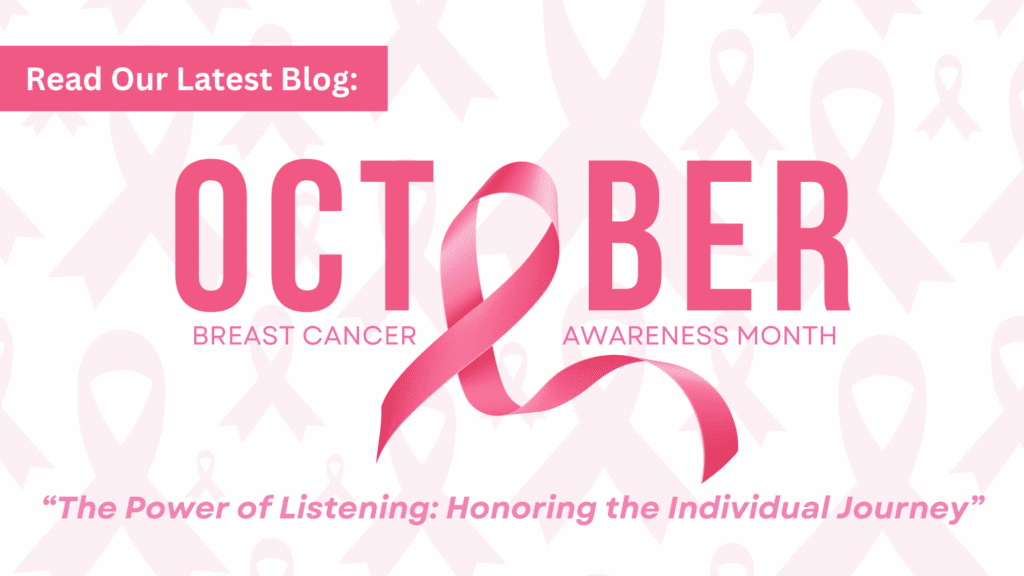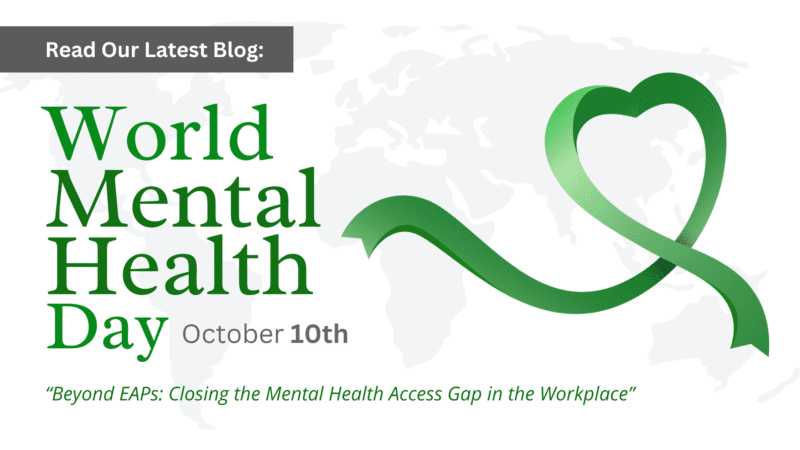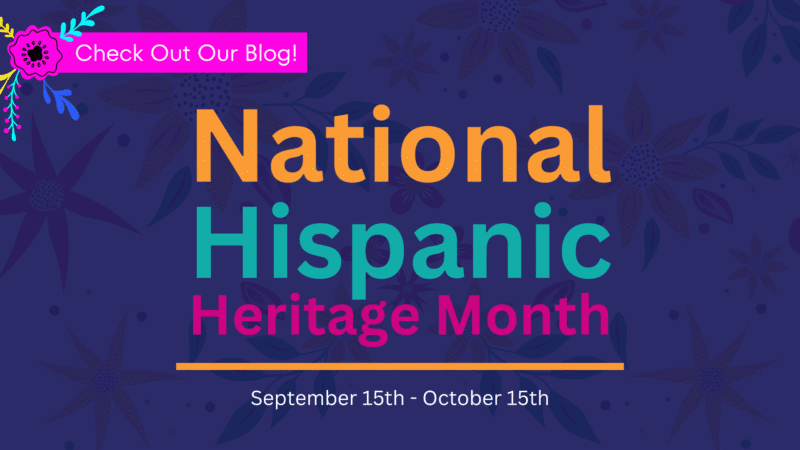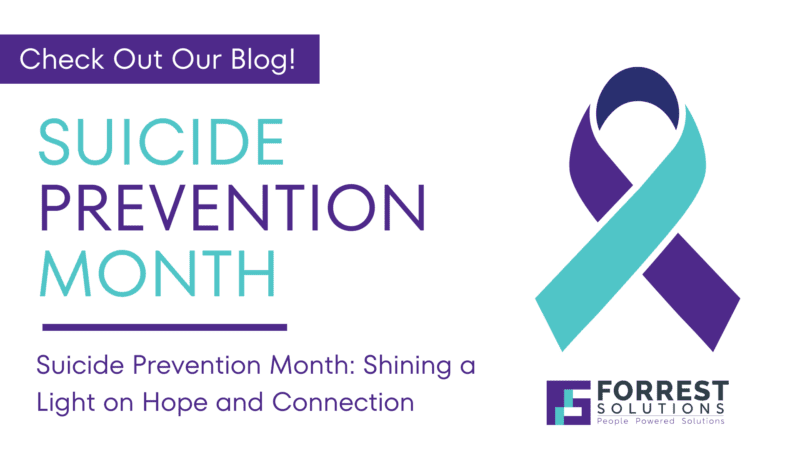
Each October, Breast Cancer Awareness Month encourages us to wear pink, share facts, and rally behind the fight against breast cancer. While these efforts raise critical awareness, this year’s theme—Every Story is Unique, Every Journey Matters—reminds us that behind every statistic is a deeply personal experience. To honor this truth, we must do more than spread awareness: we must listen.
Why Listening Matters
For someone facing breast cancer, every day brings new challenges—medical decisions, emotional hurdles, financial concerns, and questions of identity. While treatments may follow similar protocols, no two journeys are the same. One patient might wrestle with how to explain a diagnosis to young children; another might quietly navigate the fear of recurrence long after remission.
Listening validates these lived experiences. When we listen, we communicate that a person is more than their diagnosis. We acknowledge their story as one of courage, vulnerability, and individuality. Research has even shown that patients who feel heard by their doctors report greater satisfaction, better adherence to treatment, and improved overall well-being. Listening is not a soft skill, it’s a powerful tool for healing.
The Stories Behind the Numbers
Breast cancer statistics are staggering: 1 in 8 women in the United States will develop invasive breast cancer in her lifetime. Yet behind that number is a mosaic of journeys—patients diagnosed in their 20s and 30s, men who often face stigma for speaking out, survivors who grapple with body image after surgery, and communities of color that experience disparities in diagnosis and treatment.
By listening, we uncover the nuance behind the data. We learn about barriers to access, cultural differences in care, and the unspoken emotional weight of survivorship. These stories help healthcare providers, employers, policymakers, and loved ones better understand the full impact of breast cancer and design solutions that address the whole person, not just the disease.
Listening in Practice
Listening goes beyond hearing words, it’s about creating safe spaces for people to share without fear of judgment or dismissal. In practical terms, this can look like:
- Doctors and nurses taking the time to ask open-ended questions, understanding not only symptoms but also fears, goals, and preferences.
- Employers and colleagues acknowledging the personal impact of treatment and recovery, offering flexibility, and asking what support is most meaningful.
- Friends and family resisting the urge to compare one person’s journey to another’s, and instead offering presence and compassion.
Even small moments of listening can make a big difference. Sometimes, the most powerful words are not advice or encouragement, but simply: “I hear you. I’m with you.”
Beyond the Individual: Listening as Collective Action
When stories are shared and truly heard, they ripple outward. Survivor testimonies have inspired new clinical trials, workplace wellness policies, and advocacy movements. Grassroots organizations built on listening to patient experiences have pushed for expanded screening guidelines, insurance coverage for reconstruction, and better mental health support for survivors and caregivers.
In this way, listening becomes more than an act of empathy—it becomes a catalyst for systemic change. Each unique journey can inform solutions that improve the lives of many.
Honoring the Theme
This year’s Breast Cancer Awareness Month theme—Every Story is Unique, Every Journey Matters—calls us to action. It asks us to step beyond awareness campaigns and into the intimate, sometimes difficult work of listening. By honoring each story, we honor the resilience, complexity, and humanity of those affected by breast cancer.
Breast cancer is not just a medical condition; it is a lived experience, shaped by identity, relationships, and circumstances. If we want to make a difference, we must start by listening—because when every story is heard, every journey truly matters.




